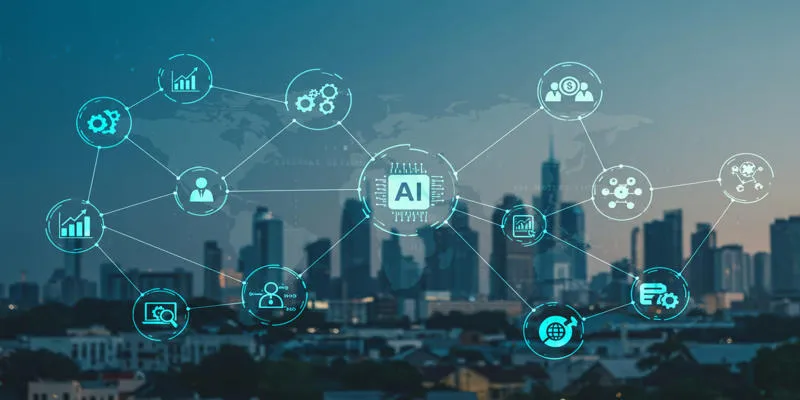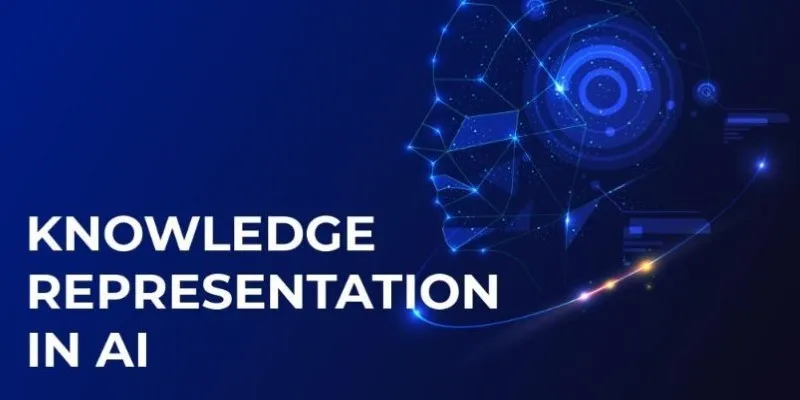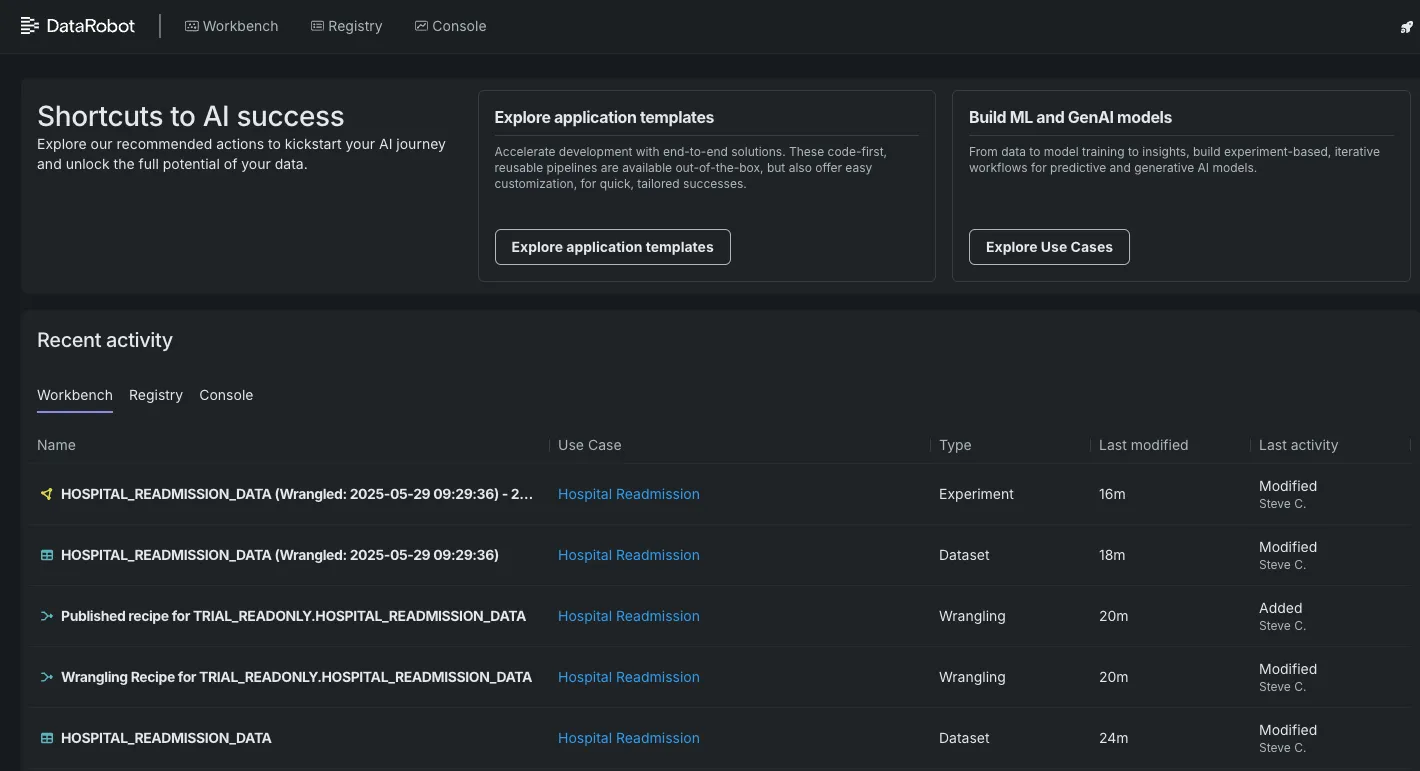Some people believe that Artificial Intelligence (AI) will eventually dominate various sectors of society. It’s no surprise that AI is also making its way into the legal field. While some predict AI will completely replace lawyers, this is not the case. Instead, AI and lawyers can work together, enhancing the speed, accuracy, and accessibility of legal services. This post discusses the pros and cons of integrating AI with legal professionals.
AI in the Legal Industry: A Growing Trend
The use of AI in the legal industry has been increasing for several years. AI-powered tools are being used to assist lawyers with routine tasks, allowing them to concentrate on higher-value work. These tools automate tedious processes such as document review, contract analysis, and legal research. While AI handles repetitive tasks, lawyers continue to provide essential human judgment and emotional intelligence needed for complex legal matters.
Legal Research and Document Review
AI significantly aids lawyers by conducting legal research and document review. AI tools can analyze large volumes of documents much faster than a human can. For example, when reviewing contracts, AI can quickly identify key clauses, potential risks, and inconsistencies, enabling lawyers to focus on the most critical aspects.
AI is also revolutionizing legal research. Instead of manually searching through multiple databases, AI-powered legal research tools can instantly analyze case law, statutes, and regulations, providing lawyers with relevant information in seconds. This greatly reduces research time and helps lawyers make more informed decisions.
How AI Enhances Lawyers’ Work

AI enhances lawyers’ work in several key areas. Here’s how:
- Automation of Repetitive Tasks : AI saves lawyers time by automating tasks like reviewing documents, conducting legal research, and drafting contracts. This allows them to focus on the more critical aspects of their cases.
- Improved Accuracy : AI algorithms can quickly detect errors and inconsistencies in legal documents that human eyes might miss, reducing mistakes and ensuring greater accuracy.
- Cost-Effective Solutions : Legal services can be costly, especially for smaller firms or individual clients. AI tools help reduce overhead costs, making legal services more affordable and accessible to a broader audience.
- Data-Driven Decision Making : AI tools can analyze large datasets, offering lawyers insights that might not be immediately obvious.
AI and Lawyers: A Synergistic Partnership
While AI is an essential tool in legal work, it cannot replace human lawyers. The partnership between AI and lawyers is one of synergy rather than replacement. AI excels at processing vast amounts of data, but it cannot apply legal reasoning, interpret human behavior nuances, or understand a case’s moral and ethical aspects. These are areas where human lawyers excel.
For instance, AI cannot provide the personal touch that a lawyer brings to client interactions. Clients often require empathy, emotional support, and tailored legal advice—qualities that AI cannot provide. Moreover, complex legal matters such as litigation, negotiations, and strategy planning require human expertise that AI cannot replicate.
The Challenges of Integrating AI into Legal Work
Despite the many benefits of AI in the legal field, integrating AI into law firms and legal practices presents challenges. These challenges include:
- Initial Investment : Implementing AI tools requires significant upfront investment, which may be a barrier for some law firms, especially smaller ones. However, this cost can be offset in the long term by increased efficiency and reduced overhead costs.
- Data Privacy Concerns : Lawyers handle sensitive client information daily, so ensuring data confidentiality and security is crucial. AI tools must have robust security measures to prevent data breaches or misuse.
- Training and Adoption : Law firms must invest time and resources to train their staff to use AI tools effectively. This may require significant shifts in workflow and processes, which can be a barrier to adoption.
- Resistance to Change : Many lawyers may hesitate to adopt new technologies, fearing AI will take over their jobs or disrupt their practice. Overcoming this resistance and demonstrating the benefits of AI is crucial for its widespread acceptance in the legal industry.
The Future of AI in the Legal Industry

The future of AI in the legal field appears promising. As AI technology advances, it will assist lawyers with more complex tasks. For example, AI could eventually predict case outcomes, analyze litigation trends, or even aid in creating legal strategies.
However, while AI will continue to play a larger role in the legal field, the human touch will always be essential. Lawyers will still be needed for client interaction, ethical considerations, legal strategy, and advocacy in court. The combination of AI’s computational power and lawyers’ human expertise will lead to a more efficient, accessible, and affordable legal system.
Conclusion
In conclusion, the coexistence of AI and lawyers is not only possible but highly beneficial. While AI can take over repetitive tasks, improve efficiency, and reduce costs, human lawyers will always be necessary for complex legal analysis, strategy, and client interaction. By embracing AI technology, lawyers can enhance their practice, offer more affordable services, and deliver better results for their clients. As AI continues to evolve, its role in the legal industry will only grow, making it an essential tool for law firms and legal professionals. However, the partnership between AI and lawyers will be one of collaboration, where technology supports the human expertise that makes legal work truly effective.
 zfn9
zfn9






















